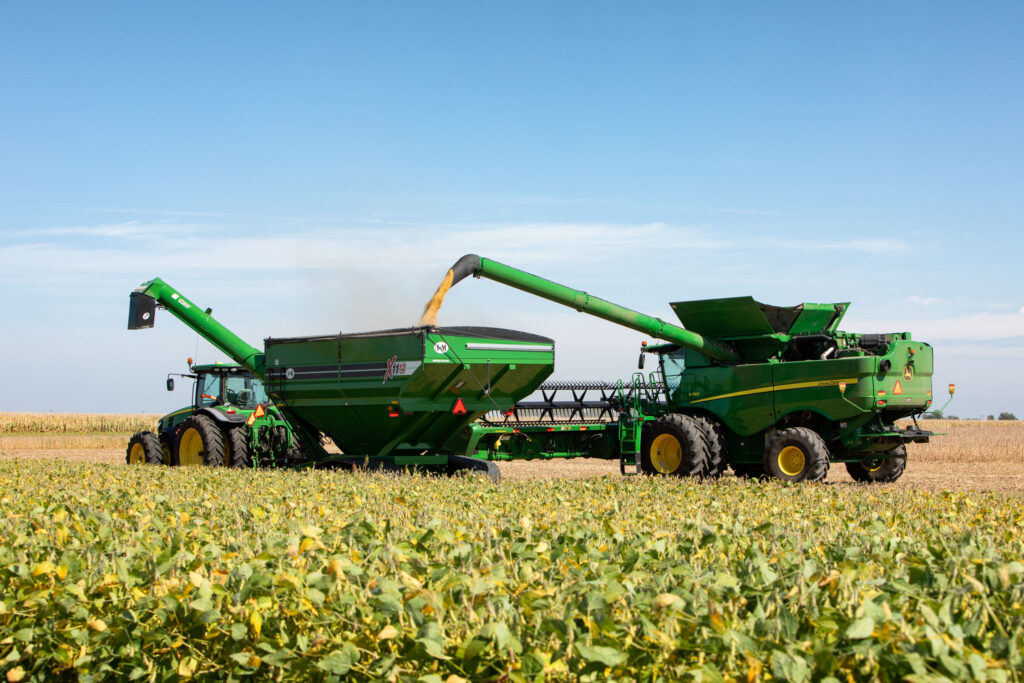QC-based IMEG offers engineering expertise to Times Square’s ball drop
QCBJ News Staff

John Deere machines are utilized in the field to help with the 2022 harvest in Illinois. CREDIT CATRINA RAWSON FOR ILLINOIS FARM BUREAU
Upon purchasing a car or truck, imagine being told when repairs are needed that the vehicle needs to be returned to the dealer. Neither you nor a repair shop of your choosing can attempt fixing that major investment.
For generations, farmers have faced that exact restriction with agricultural machines such as combines or tractors.
However, that industry standard began changing Sunday, Jan. 8.

Get immediate, unlimited access to all subscriber content and much more.
Learn more in our subscriber FAQ.
Do you want to read and share this article without a paywall?
